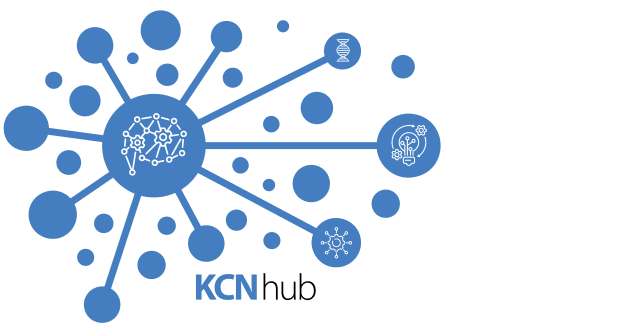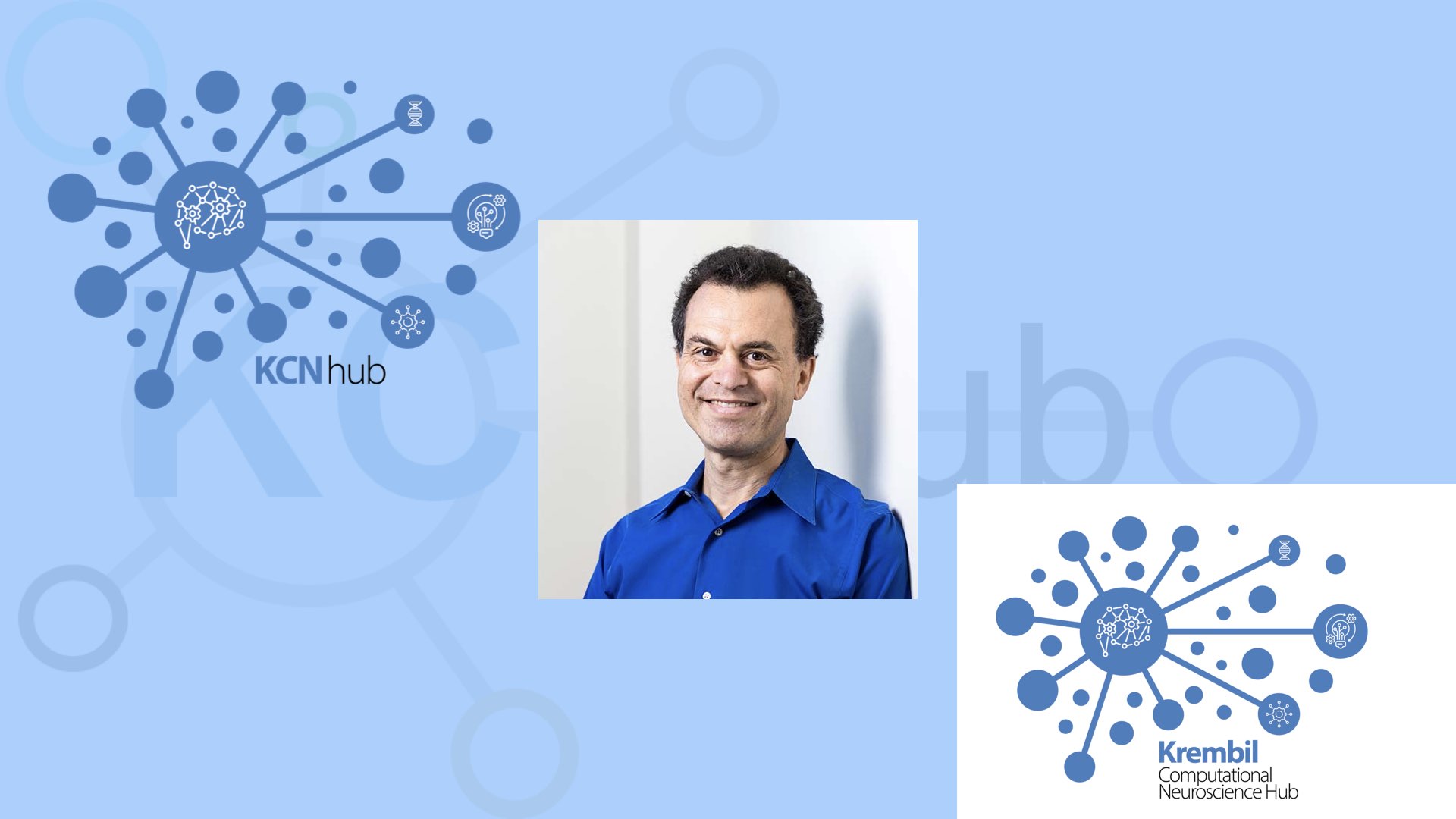From Neuron Classification to Spiking Neural Network Simulations: Testing the textbook hypotheses of neuroscience with data-driven computational models
ABSTRACT: Neuroscience textbooks describe the brain as a massive network of spiking neurons with complex dynamics. Neural circuits, the story goes, are largely defined by the connectivity between axons, reliably propagating all-or-none action potentials up to very distant targets, and dendrites, integrating synaptic inputs into local arbors. In such conceptual model, short- and long-term activity-dependent plasticity continuously alters synaptic strength, but a fixed neurotransmitter identity determines signal type (e.g., excitatory vs. inhibitory). Are these ingredients sufficient to explain the emergence of cognition? If additional details are required, which ones exactly? This seminar aims to illustrate a strategy to tackle these fundamental questions for the hippocampal formation, which plays a core role in episodic memory and spatial navigation. I will demonstrate that a systematic recognition of neuronal diversity is the key to connect the dots of disparate experimental data into a coherent quantitative framework to explore the relationship between synapses and behavior.
BRIEF BIO: Dr. Giorgio A. Ascoli received a Ph.D. in Biochemistry and Neuroscience from the Scuola Normale Superiore of Pisa, Italy, and continued his research at the National Institutes of Health in Bethesda, MD, to investigate protein structure and binding in the nervous system. He moved to the Krasnow Institute for Advanced Study at George Mason University in 1997, where he is Distinguished University Professor in the Bioengineering Department and Neuroscience Program. He is also founder and Director of the Center for Neural Informatics, Structures, & Plasticity, a transdisciplinary research group that includes biologists, physicists, psychologists, computer scientists, mathematicians, engineers, and physicians. Dr. Ascoli is founding Editor-in-Chief of the journal Neuroinformatics and an editorial board member of several other international journals. He serves on the advisory board of numerous scientific organizations and is Past President of the Potomac Chapter of the Society for Neuroscience. Dr. Ascoli contributed to the establishment of the fields of computational neuroanatomy and neuroinformatics. His own laboratory investigates the relationship between brain structure, activity, and function from the cellular to the circuit level. Dr. Ascoli received the 2012 Outstanding Faculty Award of the State Council for Higher Education of Virginia. His 2015 book “Trees of the Brain, Roots of the Mind” was published by MIT Press.
RECENT HIGHLIGHTS: Dr. Ascoli’s funding portfolio includes current grants from NIH (two NINDS R01s, one NIA R21, and one NIMH RF1) and DOE as well as recent awards from NSF and DoD. This funding sums up to 25 years of continuous extramural support from several public and private institutions, including the National Institutes of Health, National Science Foundation, Office of Naval Research, Air Force Research Lab, DARPA, IARPA, Keck Foundation, Howard Hughes Medical Institute, International Neuroinformatics Coordinating Facility, and the Society for Neuroscience. Dr. Ascoli’s center staffs a personnel of >20 and multiple full-time employees with PhDs. Recent publications include papers in Nature, New England Journal of Medicine, Nature Reviews Neuroscience, Neuron, Trends in Neuroscience, Nature Methods, Proceedings of the National Academy of Science, Nature Neuroscience, PLoS Biology, eLife, Current Biology, and Nature Communications, in addition to cover articles in Nature, Journal of Neuroscience, Hippocampus, Neuroimage, Neuroscience, Learning & Memory, and Cortex. Dr. Ascoli’s research was described in textbooks and in the national press. He was elected AIMBE fellow in 2022 and won the Beck Presidential Medal for Excellence in Research and Scholarship as well as the NIH/FASEB DataWorks!Challenge ‘Distinguished Achievement Award’ in 2023.

